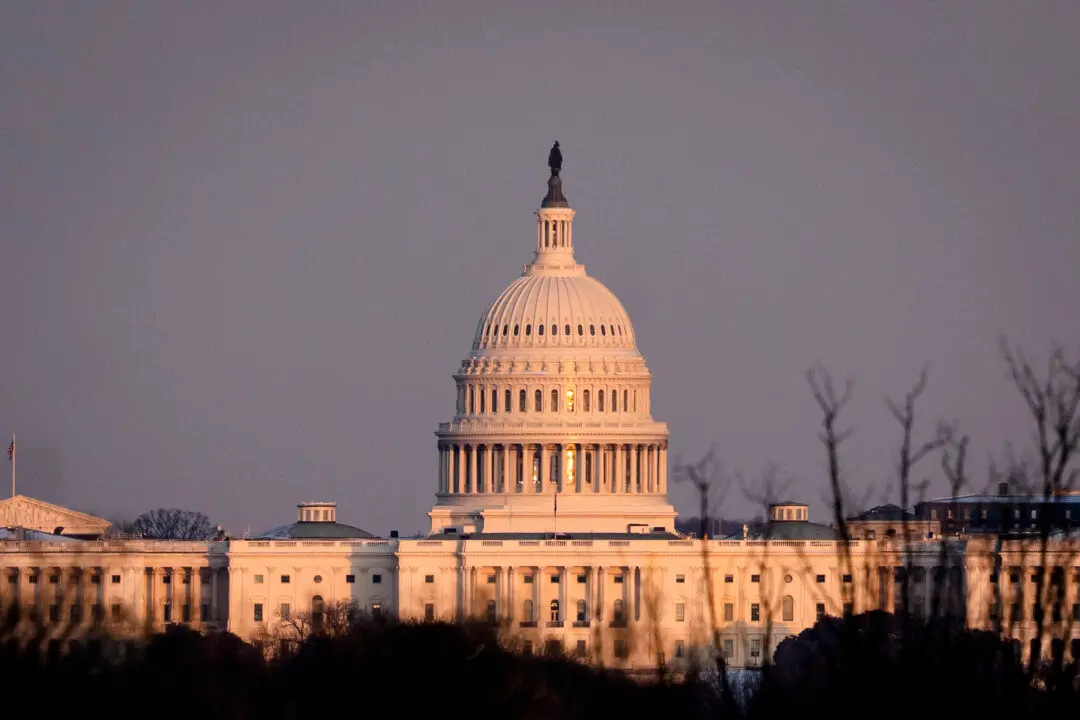The Department of Justice (DOJ) told House Judiciary Committee Chairman Jim Jordan (R-Ohio) that his subpoena of two FBI agents as part of an ongoing probe into Mr. Hunter Biden is constitutionally null.
On Aug. 21, top Republicans in the House issued a subpoena for four individuals in both the FBI and Internal Revenue Service (IRS), claiming that operatives in these agencies had information about DOJ meddling to protect the first son.





